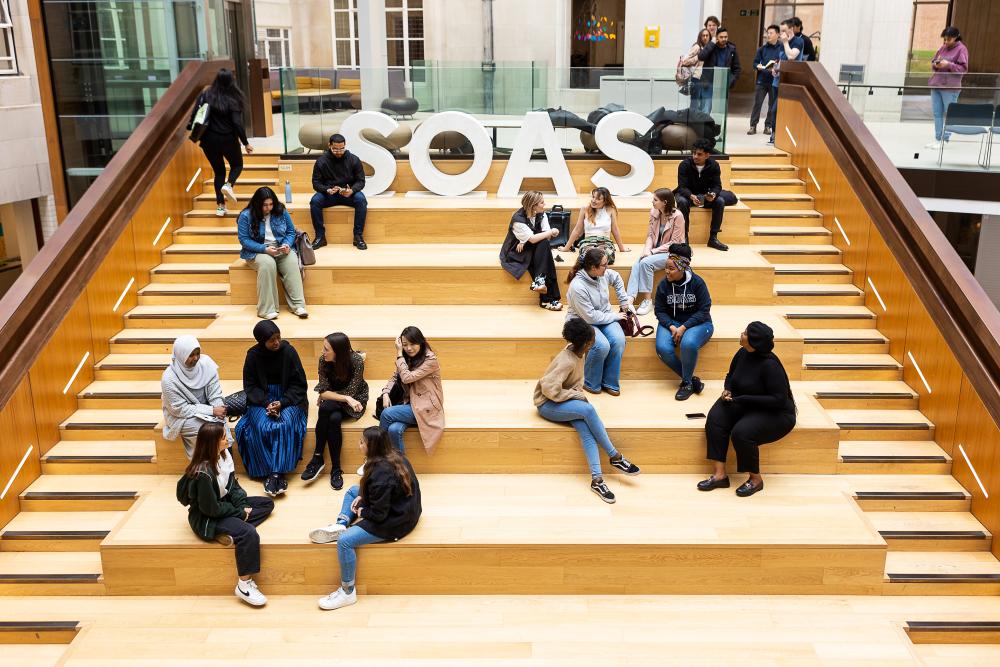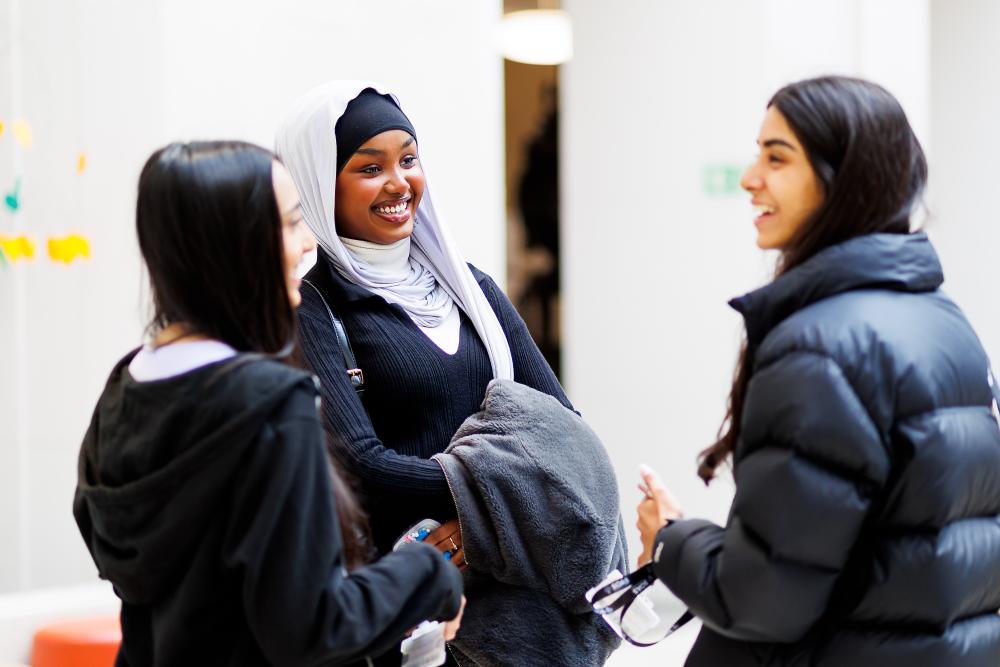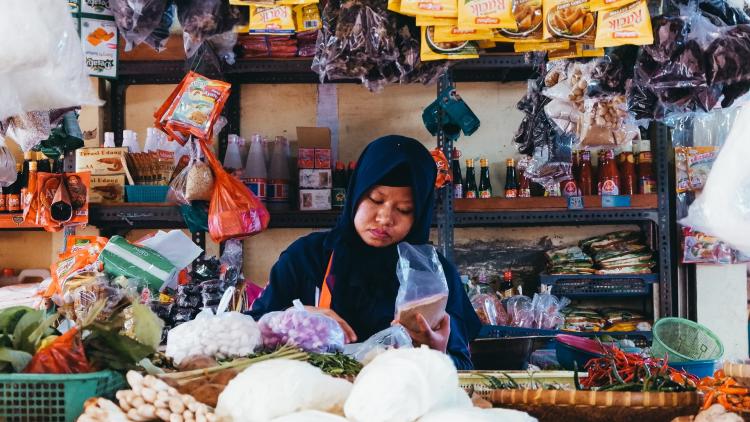Graduates tell us why studying economics at SOAS is so unique


SOAS graduates Michelle Meixieira Groenewald and Tobias Arbogast give the lowdown on studying economics here.
So you’ve shifted the graphs, replicated the models, wallowed in the abstraction of the equations and maybe somewhere along the line, you forgot why you thought studying economics could actually make a difference. But you see, SOAS hasn’t forgotten. Somehow, SOAS has managed to do the unthinkable: empower students with the opportunity to make that difference.
The SOAS Department of Economics gives you the flexibility to choose what type of economist you want to become. If you want to harness your empirical and quantitative skills, SOAS Economics encourages you to do this in a way that is not devoid of political and social realities within which economic realities are located.
Should you wish, you can fill your degree with modules that: allow you to wrestle with the nuances of how we can achieve both growth and development; highlight the importance of gender economics; delve into derivative pricing theory; ask really meaningful questions about the political economy of institutions; and that immerse you in a critical approach to research methods. Perhaps most astounding is that if you want all of this, studying economics at SOAS gives you that opportunity.
Whilst we had just a short time at SOAS, it gave us the freedom to finally feel like we were able to actually study “the economy” instead of the highly abstracted models of it. This is because the SOAS Department of Economics truly lives up to its promise of offering programmes dedicated to understanding both theory and its real-world applications. Indeed, we were taught multiple theories and then, importantly, the skills to compare and contrast them and to judge them by their merits and flaws.
That is because at the very heart of SOAS is a genuine desire to see economic pluralism flourish. In the corridors of Senate House, you will be pushed to grapple with mainstream economics, but unlike most other universities, you don’t get to be lulled by the echo chambers of consensus. Here, you will be pushed to critique, to debate and discuss, and above all, to explore schools of thought that introduce new ways of understanding the economy. And that’s where the difference-making begins.
"You will be pushed to grapple with mainstream economics, but unlike most other universities, you don’t get to be lulled by the echo chambers of consensus."
Over and above gaining a more informed opinion grounded in the multiplicity of perspectives being taught, you are lectured by academics who, young and old, know that what they teach matters. They are eager to engage you – the student – to sway you and, indeed, even to be swayed by you. Should you jump to quick conclusions about a topic, academics at SOAS will not easily let you off the hook.
Robust engagement is a prerequisite, but this is coupled with unparalleled support and dedication. It also doesn’t hurt that staff members are actually in their offices during office hours. For your dissertation project, you can choose a topic that interests you, and while you are encouraged to work independently during the writing of your dissertation – to ensure that your own voice comes through – your supervisor is likely to be as enthusiastic about your topic as you are.
As if this wasn’t enough, SOAS has succeeded in attracting a myriad of people who genuinely give a damn. Student life at SOAS is a combination of rigorous study with seriously fun people, blended with the cooperative willingness to engage in discussions. So not only are you going to be taught by academics who are research-active, but because of the nature of the typical SOAS student, you will learn as much from your classmates as from your lecturers. In your classes, you will meet people from all walks of life. You will be given the opportunity to sit alongside peers who realise that diversity within economics, and importantly the diversity of economists, means we have new ways of shaping the countries to which we return.
SOAS teaches students to look critically at mainstream economics — yet we both now work in what could be deemed as ‘orthodox’ economics jobs. Our time at SOAS taught us much that we use daily, and we both got jobs that we really enjoy.
Toby: “I currently work at one of the more conservative central banks in Europe, the Deutsche Bundesbank, and I still draw on my notes from SOAS regularly. Only in retrospect can I appreciate just how much studying at SOAS Economics equips you with critical thinking skills and orthodox theory skills.”
Michelle: ‘I work at an overwhelmingly orthodox economics university department back in my home country, South Africa. Having been exposed to SOAS Economics allows me to lecture in a way that encourages the future economists of South Africa to understand the economy in a multitude of ways rather than in the narrow and sometimes insular way that is promoted at numerous other economics departments.’
Importantly, we would make the same decision to go to SOAS all over again, without any reservation. The enthusiasm, networks and knowledge we gathered from studying at SOAS have proven invaluable in our current positions. More than anything, having journeyed these hallowed halls, we know that the friendships, the fullness and the fire for this place in Bloomsbury square continue to live on.
Michelle Monique Meixieira Groenewald, BSc Political Economy of Development (2017/2018), Lecturer at the North West University
Tobias Arbogast, MSc Finance & Development (2017/ 2018), Traineeship at the German Central Bank



